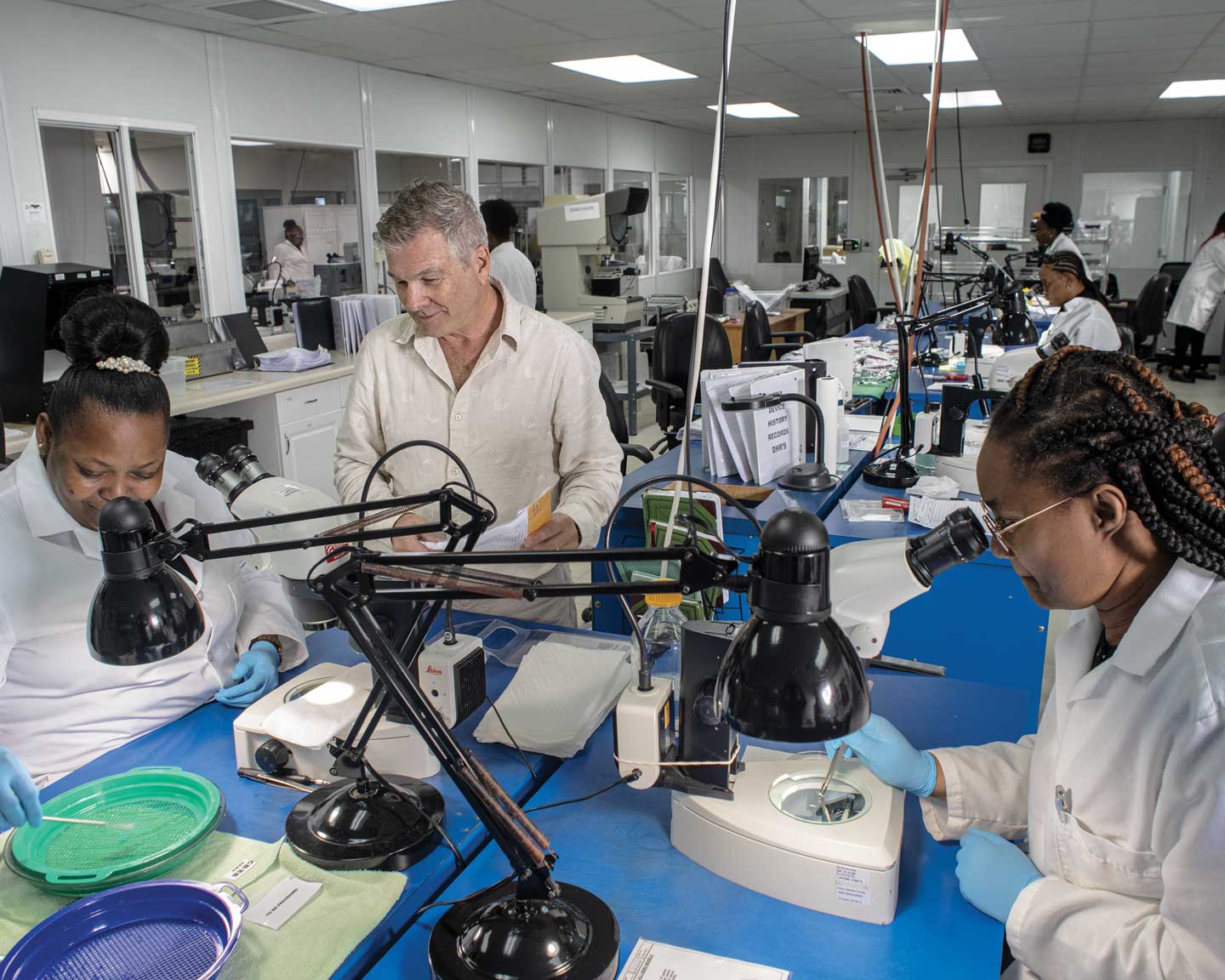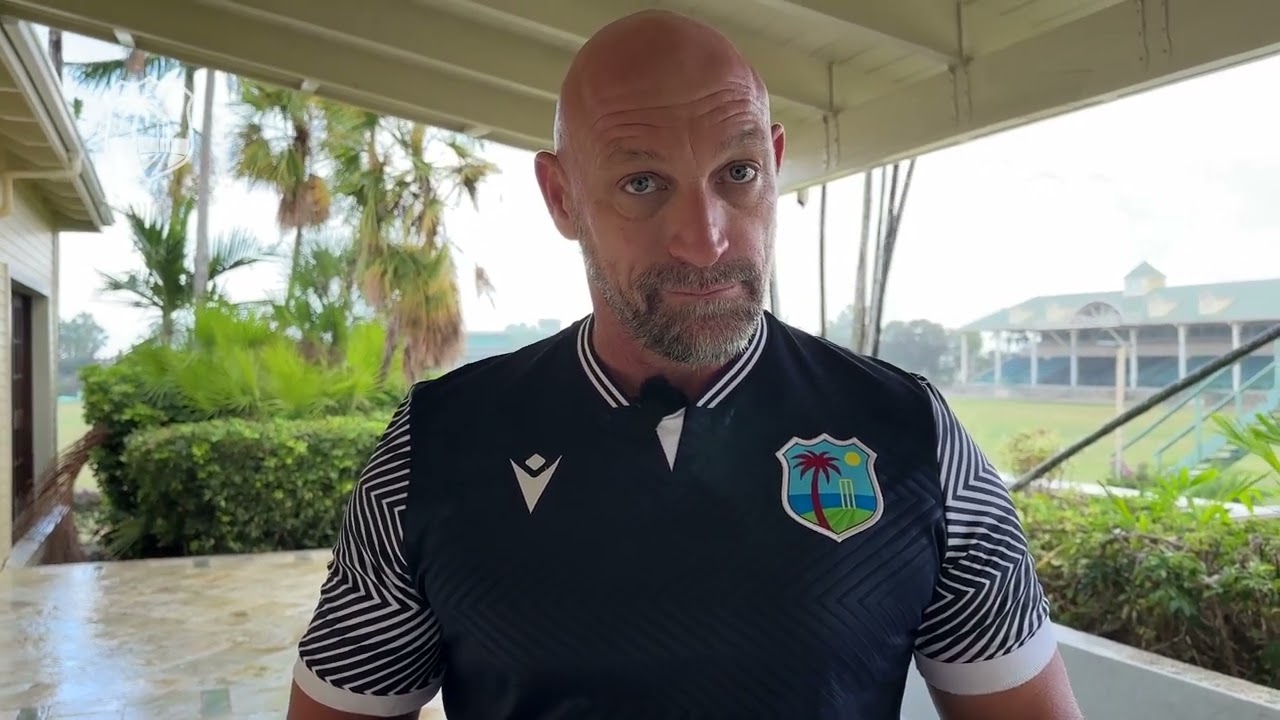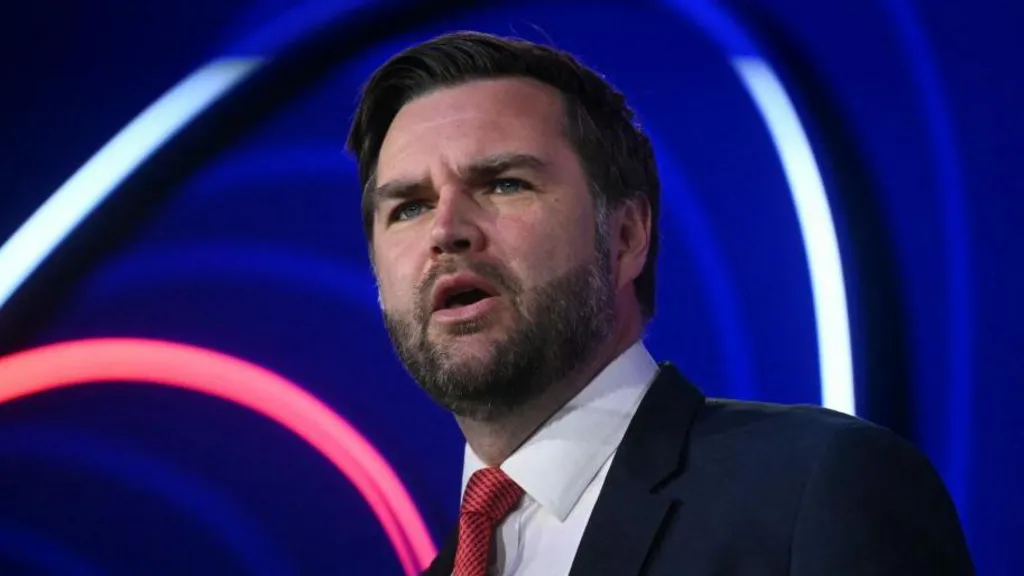

Barbados-based medical device manufacturer Lenstec is keeping an eye on possible export opportunities arising from the trade war between the United States (US) and China.
Both countries are key to the operations of Lenstec (Barbados) Inc. US state Florida is where its parent company Lenstec Inc. is based and China is its biggest export market.
Ian Hickling, the New Zealand-born president of the operation here since its establishment about 30 years ago, sees uncertainty in where the tariff battle between the world’s two largest economies will end up, and is unclear how Lenstec will ultimately be impacted.
However, his positive stance is that depending on how the situation plays out the intraocular lenses, which Lenstec produces in Barbados exclusively for export, could make the company’s devices more competitive in China against US-made products.
“At the moment, I am not fully appraised of the impact on our business, especially as it is so much in flux with tariffs being put on then retracted,” Hickling said.
“If there are tariffs imposed by the US on Barbados, as I see it then our distributor in the US will end up paying the tariff when any lenses from us are imported. We are a Barbados-registered company, so are subject to the same tariffs as any other Bajan company.”
More competitive
He pointed out that unlike the US, China “is not imposing tariffs on Barbados and indeed the country has a great relationship with our island”.
“As China is our major export market, it can only make our products more competitive against US-produced products,” he said.
Meanwhile, the CARICOM Private Sector Organisation (CPSO) is also keeping a close watch on the tariff battle initiated by US President Donald Trump, including the baseline ten per cent tariff on Barbados and a number of other Caribbean countries. Guyana is the exception and faces a 38 per cent tariff.
CPSO chief executive officer and technical director Dr Patrick Antoine said in a recent statement the tariffs would impact CARICOM economies, but stressed the need for credible analysis before a comprehensive response is provided.
“Several dimensions have now become important. The measures will have both direct and indirect impacts on CARICOM economies, beginning with exports, but rapidly on imports as well,” he said.
“In the case of imports, some of which are routed through the US to fulfil regional markets, the impact of the tariffs will be felt through higher prices – in a fairly rapid manner. But the impacts will also be felt sector-wide, agriculture, tourism, manufacturing, et cetera.
“There will also be an impact on US consumers and the US economy, and this will have very negative implications on the region’s trade in services, particularly tourism. The CPSO analysis will look at the impact of the US tariffs from the perspective of opportunities for the private sector – not solely from the perspective of challenges,” Antoine stated.
The senior CPSO official said his organisation was committed to working within the spirit of the Caribbean Community (CARICOM), alongside the CARICOM Secretariat, and other regional and international institutions “to leverage the best resources to meet the challenges posed by the shift in economic and trade philosophy, by CARICOM’s most significant trading partner – the US”. (SC)





